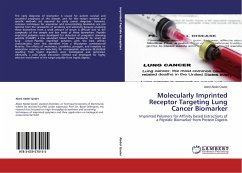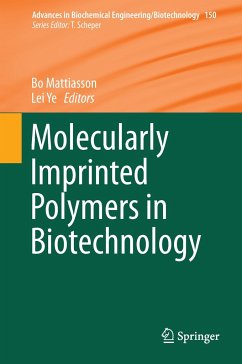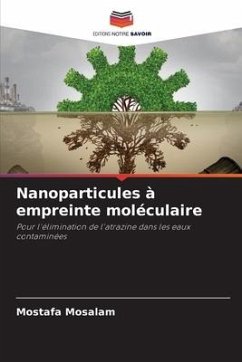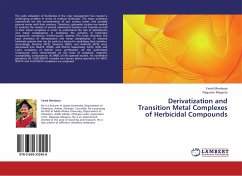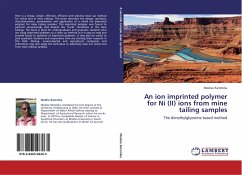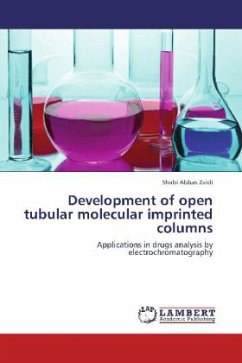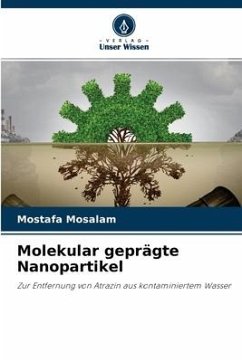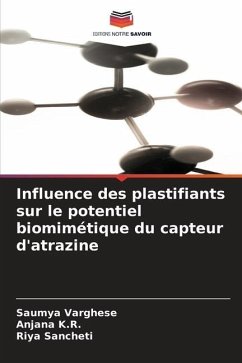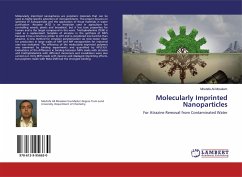
Molecularly Imprinted Nanoparticles
For Atrazine Removal from Contaminated Water
Versandkostenfrei!
Versandfertig in 6-10 Tagen
27,99 €
inkl. MwSt.

PAYBACK Punkte
14 °P sammeln!
Molecularly imprinted nanospheres are polymeric materials that can be used as highly specific adsorbers of micropollutants. This project focuses on synthesis of nanoparticles and the application of those materials in water purification. Atrazine (ATZ) is an herbicide used in agriculture for controlling weeds, plants and broadleaf, but it has toxic properties for human and is the target compound in this work. Triethylmelamine (TEM) is used as a replacement template of atrazine in the synthesis of MIPs because it has a structure similar to ATZ and is considered less harmful than atrazine. A new ...
Molecularly imprinted nanospheres are polymeric materials that can be used as highly specific adsorbers of micropollutants. This project focuses on synthesis of nanoparticles and the application of those materials in water purification. Atrazine (ATZ) is an herbicide used in agriculture for controlling weeds, plants and broadleaf, but it has toxic properties for human and is the target compound in this work. Triethylmelamine (TEM) is used as a replacement template of atrazine in the synthesis of MIPs because it has a structure similar to ATZ and is considered less harmful than atrazine. A new method for emulsion polymerization via rotor-stator mixer for production in large scales of MIP and NIP nanoparticles for industrial uses was evaluated. The efficiency of the molecularly imprinted polymers was examined by binding experiments and quantified by HPLC-UV. Evaluations of the difference in binding between MIPs made with atrazine and triethylmelamine with different monomers and crosslinkers were also carried out. Only MIPs made with itaconic acid displayed imprinting effects, but polymers made with MAA:DVB had the strongest binding.



